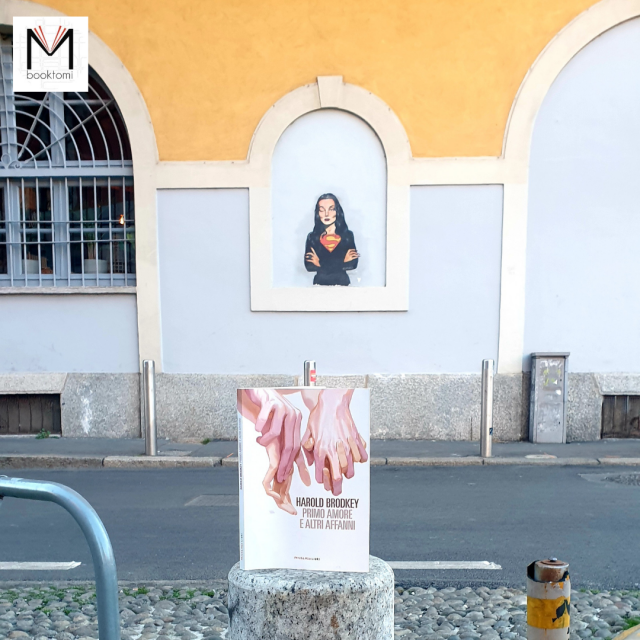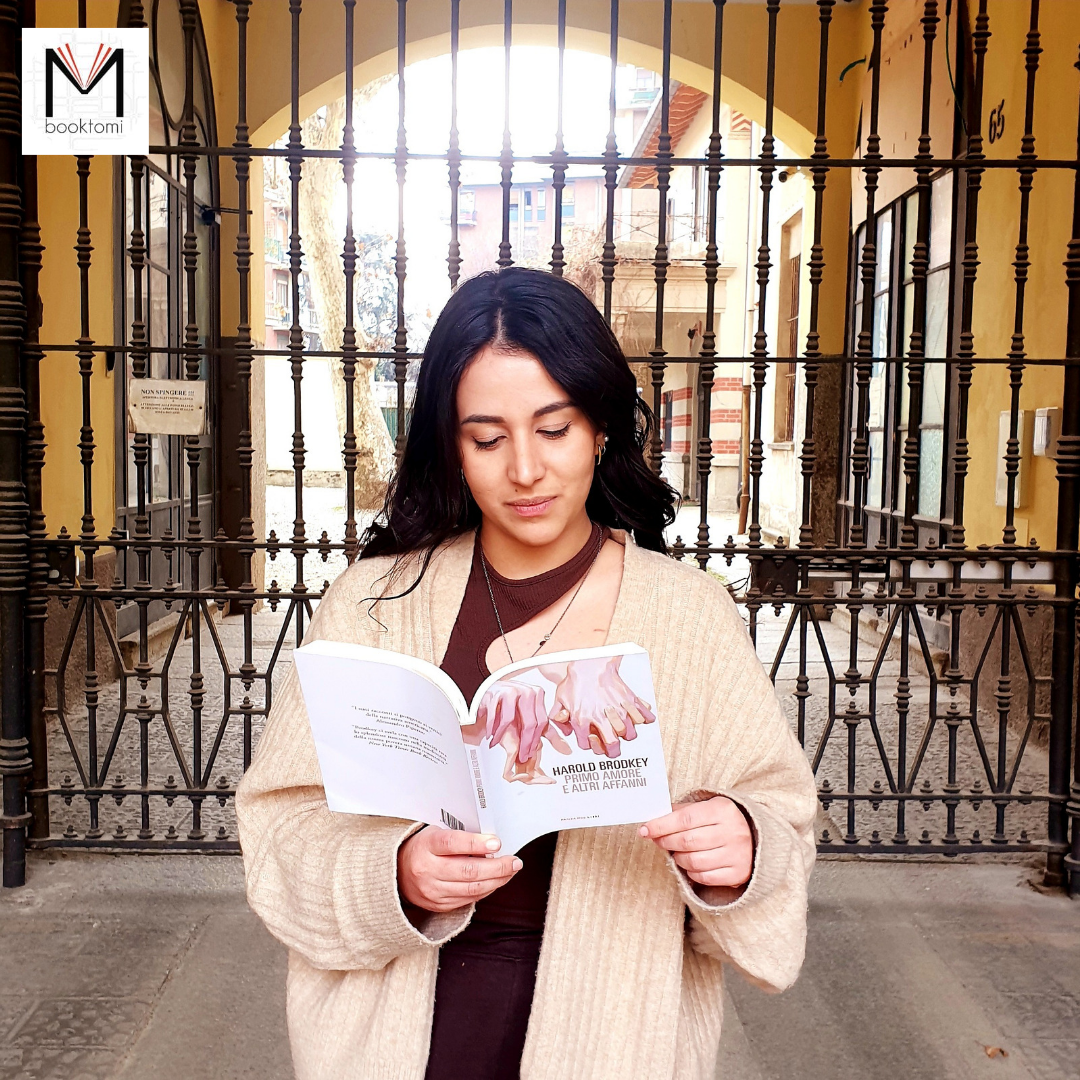“FRIDAY DI-VERSO”
I listened as in a dream to the roar of the waves and I knew that I would pass the test of my youth and be forgiven.
Some books, quick to read, full of life yet airy, fresh, might be worth describing in pictures rather than words. An image that may suggest, perhaps, the state of mind of those who, having closed the book, after the last page, also close their eyes, to let the scent of the end vibrate in the air. So let’s try.
End of summertime. An expanse of tall grass, moved by the warm wind that crosses it and which is lost in the sudden emptiness of a cliff, plunging into the foamy sea. The hour is the melancholy one of the very first sunset; the green of the grass begins to imperceptibly turn to gold, the first pink reflections on the clouds dirty the clear and poignant blue of the sky. The chest is swollen with conflicting emotions – the freedom of the open, infinite horizon; the light-heartedness of summer and, at the same time, that sweet sadness that accompanies the end, all the expected ends; around the corner, the days to come, September, worries, plans, duties (what summer knows about what to do). At the same time, the bliss of the present moment, the possibility of accepting every sensation as pure, to say “and welcome be the error too”.
Are you there? On that cliff, at the end of a day, at the end of a summer? Do you feel your lungs filled with that longing – the pain of returning – for something that isn’t over yet?
Close “First love and other sorrows“. You are at the end of adolescence: you feel that something is about to happen, something that concerns only you, the only masters of your turbulent universe – which is known, for the boys every joy and every pain is endless and incomprehensible, inexplicable to the gaze of others. And you are suddenly in front of the precipice: the point where everything seems to begin and end, the silence before the roar, the suspension before the shower, the stasis before the “Go!” As if they had pressed the “pause” button before life, the one that starts after school. Brodkey describes that moment of uncertainty, curiosity, vertigo. He is not the only one, he is not the best. But he is kind. His gaze is understanding and in his stories (in which he does not speak of extreme hardships, apocalyptic trauma, psychological abuse and other amenities, he keeps on the precarious thread of what one would dare to define a normality) he seems to take those boys, looking out over the future, in an era in which there is no great escape from becoming adults, and accompanying their gaze beyond that scary moment, as if to say: you will survive. You will survive. Your incomprehensible body will survive. Your disappointed soul. Your broken heart. Perhaps, your ability to listen and question yourself will survive – regardless of the plausible impossibility of finding answers.
And the reader who is no longer a teenager will not only soften in front of the memory of those days of life before life, but also, closing his eyes as we said, he will forgive himself (if he has not yet done so) by finding the space for think: some pains really never go away, due to the indelible and profound way they have of marking our skin. Still, I survived. And those marks, I wouldn’t erase them.
____________________________________________________________________________________________________
Harold Brodkey, Primo amore e altri affanni, Fandango, Roma, 2022
Original edition: First love and other sorrows, The dial press, New York, 1957




